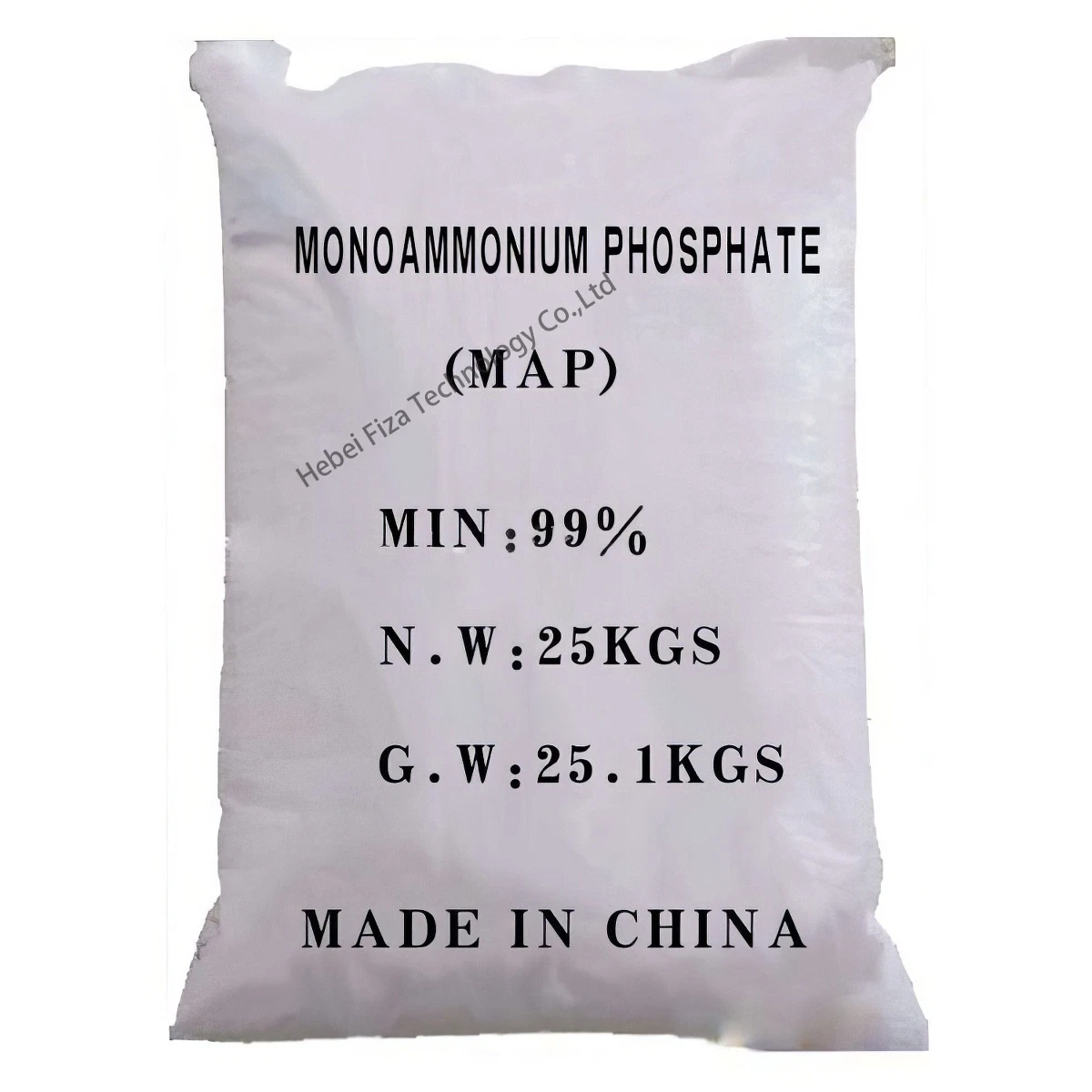



Chemicals Used in the Treatment of Sewage Water for Environmental Safety
The Importance of Sewage Water Treatment Chemicals
Sewage water treatment is a critical process that ensures the protection of public health and the environment. The water we use for various purposes inevitably becomes contaminated and carries pollutants that can be harmful if released into the ecosystem. To address this challenge and ensure that wastewater is treated effectively before discharge, a variety of chemicals are employed in the sewage water treatment process. These chemicals play a vital role in breaking down pollutants, disinfecting treated water, and making it safe for release into the environment or reuse.
Types of Sewage Water Treatment Chemicals
1. Coagulants and Flocculants One of the initial steps in sewage treatment involves the removal of suspended solids. Coagulants, such as aluminum sulfate and ferric chloride, are introduced to destabilize and aggregate small particles into larger clumps, or flocs. Flocculants further assist in this process by helping these aggregates bind together, making them easier to remove from wastewater through sedimentation.
2. pH Adjusters The acidity or alkalinity of wastewater can significantly impact the effectiveness of treatment processes. Chemicals such as sodium hydroxide (for increasing pH) or sulfuric acid (for decreasing pH) are often used to adjust the pH levels, optimizing conditions for microbial activity and improving the performance of other treatment chemicals.
3. Disinfectants After the primary and secondary treatment stages, ensuring that any remaining pathogens in the water are eliminated is crucial. Disinfectants, like chlorine, chlorine dioxide, and ozone, are commonly used to kill harmful microorganisms. While chlorine is effective and widely used, there is a growing interest in alternatives due to concerns about the formation of harmful by-products in treated water.
4. Nutrient Removal Chemicals In many cases, sewage water contains excess nutrients, particularly nitrogen and phosphorus, which can lead to eutrophication in receiving water bodies. Chemicals such as ammonium chloride can help in nitrogen removal, while phosphates may be added to assist in phosphate precipitation.
5. Clarifying Agents In the latter stages of sewage treatment, clarification or sedimentation is necessary. Chemically enhanced primary treatment (CEPT) or secondary clarifiers often utilize agents that aid in the clarification process, enhancing the removal of residual solids and improving the overall quality of treated water.
sewage water treatment chemicals

6. Odor Control Chemicals Treatment plants can emit unpleasant odors as organic matter decomposes. To mitigate this, deodorizing agents, such as activated carbon or specialized chemical blends, are applied to neutralize foul smells and enhance the comfort of nearby communities.
The Role of Advanced Technologies in Chemical Use
Recent advancements in wastewater treatment technologies have introduced more efficient methods for utilizing these chemicals. For instance, automated dosage systems enable precise control over the amount of chemicals used, minimizing waste and maximizing treatment efficiency. Additionally, innovations in treatment processes, such as membrane bioreactors and advanced oxidation processes, reduce reliance on traditional chemicals while maintaining treatment effectiveness.
Environmental Considerations
The use of sewage water treatment chemicals must be managed carefully to prevent the introduction of harmful substances into the treated effluent. Regulatory frameworks and best management practices are critical in ensuring that the selected chemicals are both effective in treatment and safe for the environment. Continuous monitoring and research are essential for developing more sustainable chemical alternatives and improving treatment methodologies.
Conclusion
In summary, sewage water treatment chemicals are indispensable in the quest for clean water. They play crucial roles in various treatment processes, helping to ensure that wastewater is processed effectively and safely before it re-enters the environment. As technology and environmental awareness evolve, the future of chemical use in sewage treatment will likely focus on enhancing efficiency and minimizing ecological impact, resulting in safer and more sustainable water management practices.
-
Why Sodium Persulfate Is Everywhere NowNewsJul.07,2025
-
Why Polyacrylamide Is in High DemandNewsJul.07,2025
-
Understanding Paint Chemicals and Their ApplicationsNewsJul.07,2025
-
Smart Use Of Mining ChemicalsNewsJul.07,2025
-
Practical Uses of Potassium MonopersulfateNewsJul.07,2025
-
Agrochemicals In Real FarmingNewsJul.07,2025
-
Sodium Chlorite Hot UsesNewsJul.01,2025










